5. The Biggest Heroes (1996)
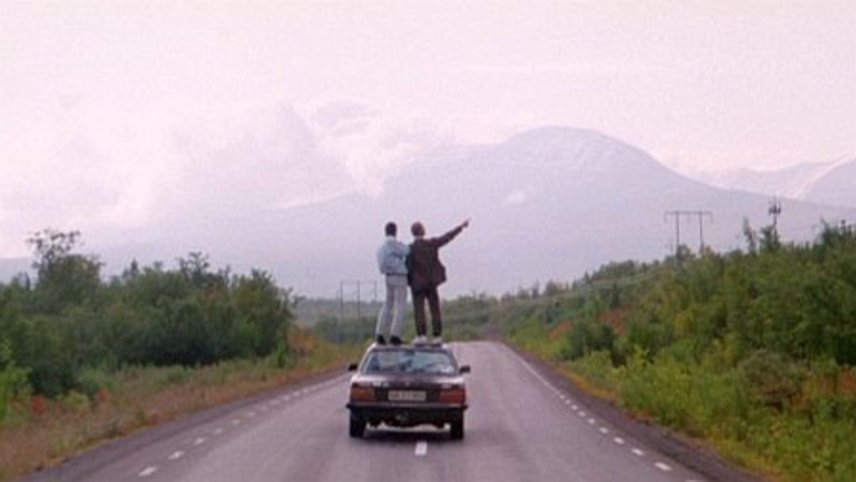
Convicted criminal Karsten (Thomas Bo Larsen) wakes up one day to find out that he has a teenage daughter. With the help of his long time friend Peter (Ulrich Thomsen), they save her from her abusive stepfather and escape to Sweden.
Vinterberg went to a great start with his first feature film. Exploring themes that would later become his trademarks and with a great fast-paced camera work, he ended up with an unconventional and critically acclaimed road movie. The film also helped introduce the great talents of Larsen and Thomsen to the general public and the two of them came to be Vinterberg’s frequent collaborators.
The great portrayal of these anti-hero best friends makes the audience highly invested in their escapades. The viewers root for them even during their most criminal acts, as they go out of their way to kill a man and get rid of the body, full mob style. The comedic tone of the film is in a great balance with the more serious moments and the action sequences, and the breathtaking, heartfelt finale makes up for the small mistakes Vinterberg made in the film, mostly due to his inexperience.
4. Far from the Madding Crowd (2015)
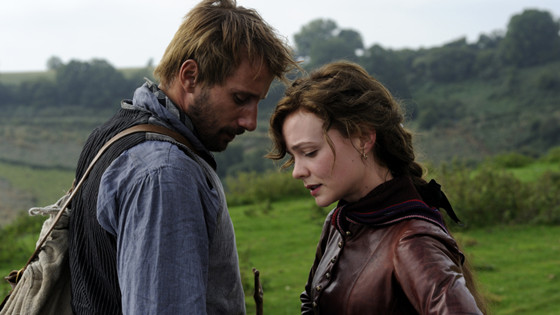
In Victorian England, Bathsheba Everdene (Carey Mulligan) is a remarkably independent woman for her time. She is being pursued by three different suitors and she tries to balance between her success and independence as a farm owner and her sexual and romantic needs.
This film, based on Thomas Hardy’s novel of the same name, was a great platform for Vinterberg to showcase that he is capable of directing more mainstream and big-budget features. Vinterberg himself has noted that it was a great experience being a hired director for once, and not having the pressure of directing his own screenplay allowed him to explore his views as a director a little more freely.
Admittedly though, his own witty writing is missing from this work. He managed to make up for this by adding a scene where one of the suitors clutches Bathsheba’s crotch to underline the sexual tension of the moment and the character’s repressed sexuality. The film has gotten some criticism for rushing the plot a little bit and not really getting into the psychological world of Bathsheba’s character.
Nonetheless, Vinterberg managed to deliver a visually stunning period film, incorporating some of his modern mannerisms like the breathtaking close-ups, and him teaming up with the great performances by the whole cast makes this adaptation an enjoyable watch.
3. Submarino (2010)
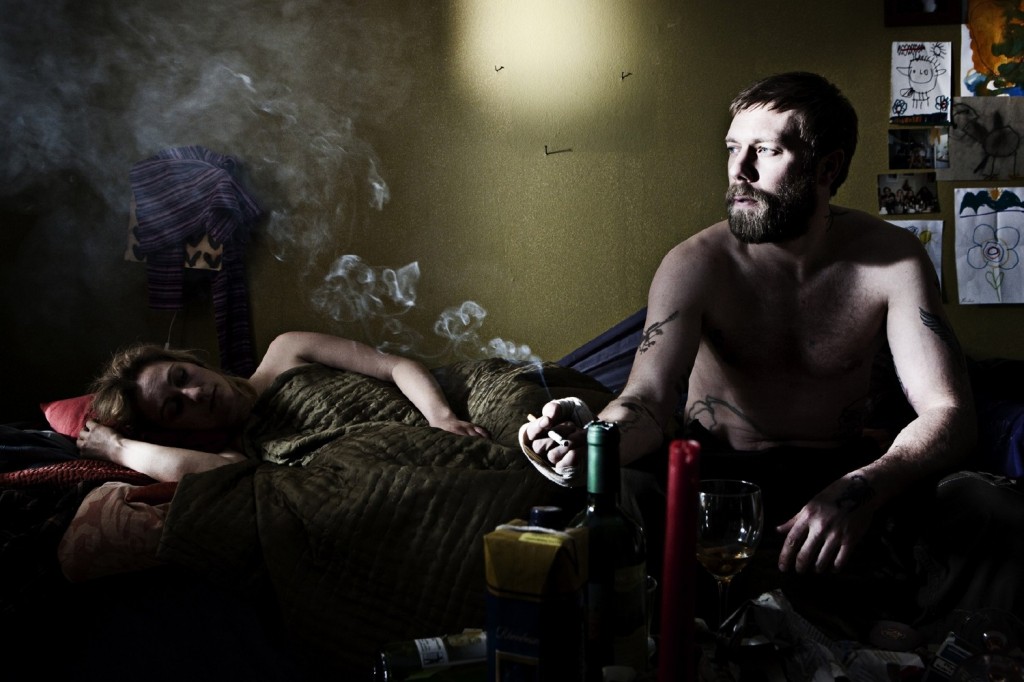
Nick (Jakob Cedergren) and his brother (Peter Plaugborg) grew up in a highly abusive environment which resulted in a very troubled adulthood for both of them. Nick has problems controlling his anger, often resorting to violence and his brother is a junkie and a single father. After years of separation, we witness how their lives begin to intertwine once more.
If there’s one thing Vinterberg knows how to do well it’s these kind of gritty family dramas. This film was a great comeback for the director and a much anticipated one from his fans. The moody cinematography teamed up with the nonlinear storyline make this heartbreaking series of events a must watch. It offers very authentic and honest depictions of poverty, addiction and mental illness, and incorporates them into a realistic scenery.
The respectful way Vinterberg films his characters’ lives makes the audience form a great feel of compassion for them even when they make some very bad decisions. The self-destructive path they take is completely understandable from the start. From the script to its delivery and the remarkable cinematic portrayal of the gloomy Danish scenery, this film deserves a lot more praise than it already has.
2. The Celebration (1998)
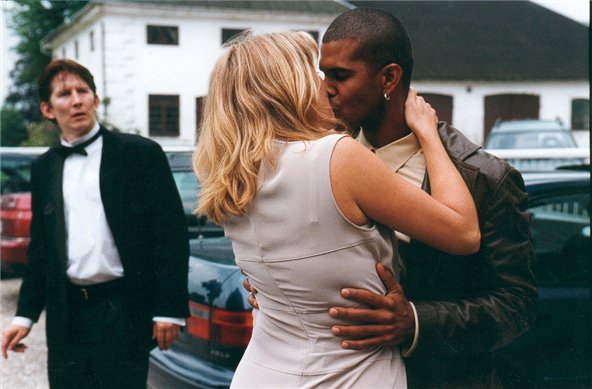
While a family is still recovering from the suicide of their oldest daughter, they prepare to celebrate the birthday of the father (Henning Moritzen) with a grand party. There, the oldest son, Christian (Ulrich Thomsen), makes a speech that lets the family’s monsters out of the closet.
The movie that defined a movement and its director’s career. This film doesn’t deserve the praise and its cultural significance just for being the first Dogme 95 film; it is simply and undeniably a remarkable movie.
In all its minimalism, it presents a fresh take on the old trope that nothing is ever as it seems, especially family bonds. Vinterberg once again films controversial themes with authenticity and respect, accurately depicting the aftermath of sexual abuse and the people’s reaction to it. This film gives the feeling that Vinterberg invented movies about dysfunctional families.
One cannot imagine this film without the handheld camera, the natural light, the authentic performances and the quirkiness of the director, and how they all found their place under the pioneering ways of Dogme 95. All these, accompanied by the characters’ development through situations a lot of viewers can relate to, make up a one-of-a-kind film and one rare experience.
1. The Hunt (2012)
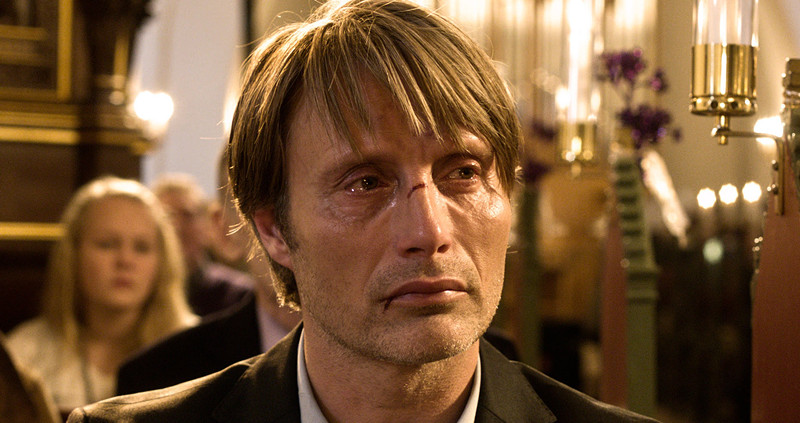
Lucas (Mads Mikkelsen) is low-profile teacher trying to get over his bad divorce. Just when his life has started to come around, he is being wrongfully accused of making sexual advances toward an underage girl.
This ranking probably comes to no surprise since few are those who watched this film and were left unaffected by its power. Visually it is stunning, script-wise it is genius, and performance-wise it is exceptional. It was a much-needed platform for Vinterberg to prove himself as a capable modern auteur and for Mikkelsen to shine once again as an important and extremely talented actor.
Vinterberg places human’s inherent judgemental ugliness into the beautiful natural environment, making the viewer connect the lines between innocence and guilt, hunter and prey. A tense mood is created throughout the whole film, allowing the audience to get into Lucas’ mental state and reach the climax of the events organically in one of the best intense scenes in modern cinema history, inside a chapel where an ostracised-by-everyone Lucas has a mental breakdown.
Vinterberg, very correctly, didn’t give up on his handheld camera past, giving the film almost a documentary vibe, with the immersive epilogue underlying once again society’s ugly and gritty ways. This film is a definitive must watch.